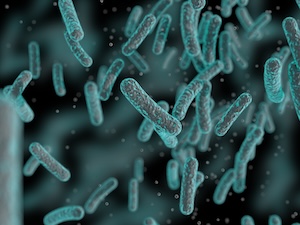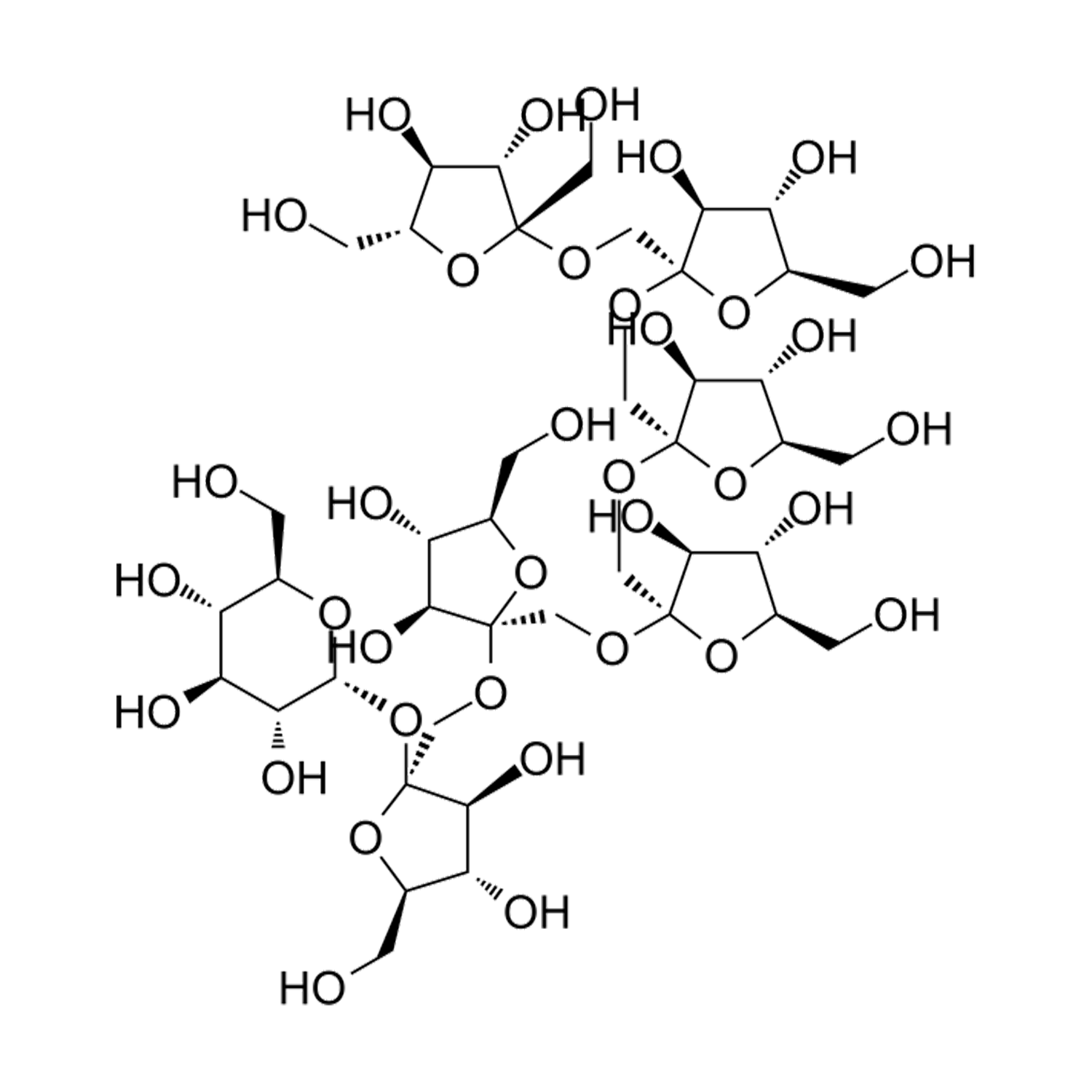Een probiotica met meerdere soorten bacteriën en prebiotica. De probiotica zit in handige sachets. Dit is hygiënisch en goed voor de houdbaarheid van het supplement. Eén sachet is een dagdosering (á 2 gram) en bevat meer dan 10 miljard probiotica bacteriën. Bij Ingrediënten vind je een overzicht van de soorten bacterieculturen. Probiotics is allergeenvrij, vegan, GMO-vrij en Clean Label.
Bifidobacterium lactis Bla80
Lactobacillus paracasei LC86
Bifidobacterium longum BL21
Lactobacillus plantarum Lp90
Lactobacillus acidophilus LA85
Lactobacillus plantrarum CW006
Bifidobacterium bifidum BBi32
Bifidobacterium adolescentis BAc30
Streptococcus thermophilus ST81
Lactobacillus bulgaricus LB42

